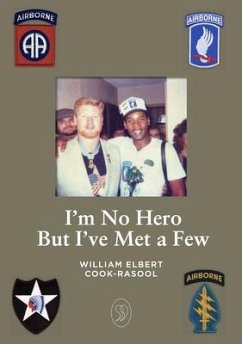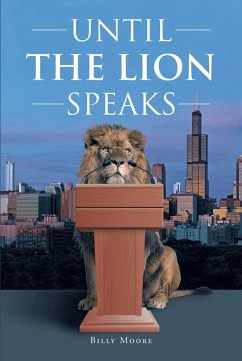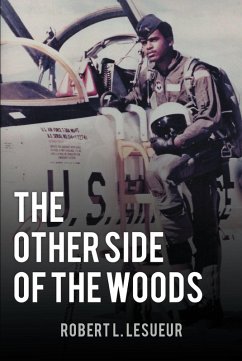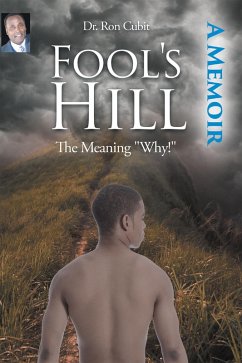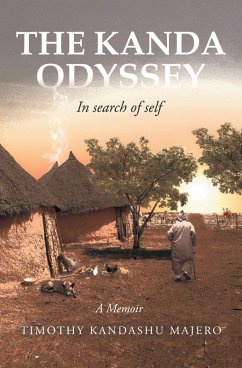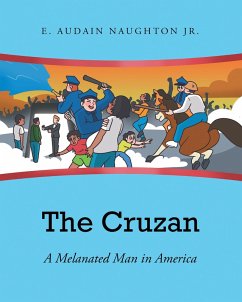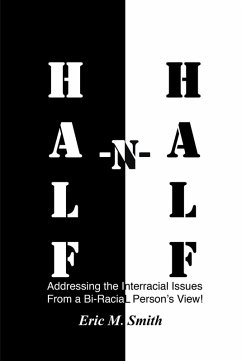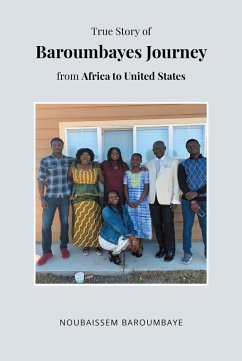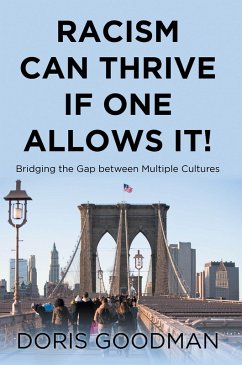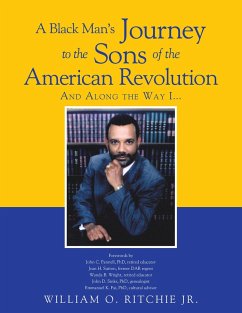
Touch Me! I'm for Real (eBook, ePUB)
Versandkostenfrei!
Sofort per Download lieferbar
7,99 €
inkl. MwSt.
Weitere Ausgaben:

PAYBACK Punkte
4 °P sammeln!
Like most kids, teachers asked me what I wanted to be when I grew up. That question was hard to answer as a black girl growing up in Harlem in the 1950s. When I tried to look back beyond my grandmother to understand my family's past, there was an ugly stain on our history left by slavery and then just a dark blur. It was said we came from Africa. Where exactly? I didn't know. There was no connection. When I looked around me, I saw crime, violence, and drugs spreading malignity through the black community. Meanwhile, the old staples-faith and family values-were like walls slowly crumbling down...
Like most kids, teachers asked me what I wanted to be when I grew up. That question was hard to answer as a black girl growing up in Harlem in the 1950s. When I tried to look back beyond my grandmother to understand my family's past, there was an ugly stain on our history left by slavery and then just a dark blur. It was said we came from Africa. Where exactly? I didn't know. There was no connection. When I looked around me, I saw crime, violence, and drugs spreading malignity through the black community. Meanwhile, the old staples-faith and family values-were like walls slowly crumbling down. I glanced ahead, but it was hard to see past things modeled at home, wrong words said or negative messages telegraphed to me in books and media that poo-pooed my potential. They didn't bode well for my future. What was I to do? The only thing I could. I summoned whatever I had in me, used my ghetto beginnings to push against, and then propelled forward. I completed my education, developed a teaching career in the NYC public schools, and bought a house. I felt like I was finally "somebody." A health issue came along and gave me a one-two punch. I became unable to walk and speak. My sense of worth was immediately placed in jeopardy when I joined a new group of disadvantaged-the disabled. I had to climb back up to acceptance and respectability and achieve normalcy. I asked myself, could I find a voice and still make a difference? This book is how I answered that. It is a story about finding strength, hope, and a higher quality of life.
Dieser Download kann aus rechtlichen Gründen nur mit Rechnungsadresse in A, D ausgeliefert werden.




